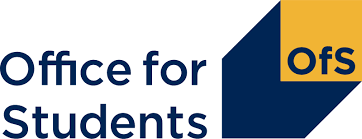Following the publication of the Teaching Excellence Framework (TEF) 2023 outcomes, TEF panel deputy chairs share examples of excellence observed in submissions and what they learnt from the process.
From day one on the TEF panel, the key principle has been that every member brings lived experience, and nobody’s lived experience is more important than anybody else’s. Student and academic panel members have shown constant respect for one another’s expertise and knowledge – increasing everyone’s awareness of the scale and diversity of provision across our sector.
As well as what we have learned from one another, we have learned even more from the universities and colleges we have been assessing. We got to know all of the providers in depth through their submissions and data, listening to their own accounts of their contexts, challenges, successes, hopes, dreams and wicked unsolved problems.
There has been a lot of talk about the holistic approach integral to TEF 2023, and the change from an ‘initial hypothesis’ driven by metrics in previous TEFs. We are happy to confirm that the panel has indeed worked in a genuinely holistic and highly iterative way – our mission has been to seek excellence, and we have looked pretty hard in all the available places. Of course, panel members have preferences. Some approach the indicators with very great enthusiasm (and expertise); others greatly prefer text; some are discernibly cheerier if there’s a video involved. Put it all together, and you have a rigorous – and yes, holistic – discussion, based on an understanding of what excellence can look like in different contexts, and assessing it fairly against a common framework. Triangulating evidence, experience and expectations has been hard work, but it has been worthwhile, collegial, inclusive and enlightening.

